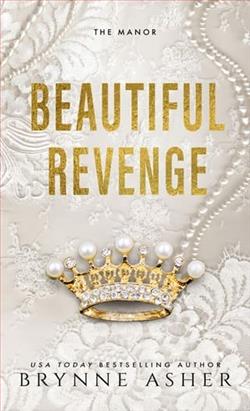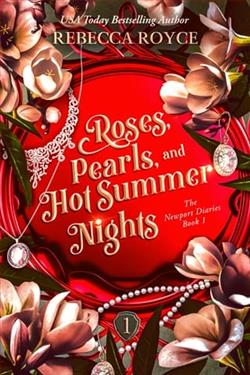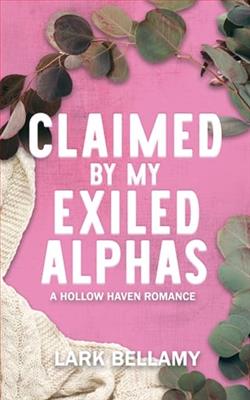Page 38 of The Princess of Las Vegas
“You’re referring to Artie and Richie Morley?”
“I am. And how…how one of them died.”
“It’s very sad,” I said carefully.
“I mean, did it bring back—”
“It brought back nothing. I told you: I’m fine.”
“Did you know them?”
“Yes.”
“Who are Artie and Richie Morley?” asked Marisa.
“Two brothers. They used to own the Buckingham Palace. They died.”
“Car crash?” asked Marisa. “Wait: private plane crash? That sounds like a more Las Vegas casino owner way to die.”
“They killed themselves,” I said. “But separately. A few days apart.”
“Not too suspicious,” my niece said, the sarcasm wholly warranted.
“I agree,” I told her, wanting to encourage her insight—reward her intellect—more than I wanted to dismiss her conjecture. But, I went on, “Of course, the police have seen no sign of foul play. If it’s a murder investigation, I’ve seen no indication.”
“How will this affect the casino?” my sister asked. “How will it affect you?”
“You sound worried about me.”
“Little bit.”
“I’m not concerned,” I lied.
“If the casino goes out of business, there’s always Futurium,” Marisa volunteered.
I looked back and forth between the girl and her mother. The irony of the fact that this filly in a miniskirt and my sister were building their future on invisible money while I was assembling mine from the gossamer of memory and nostalgia was not lost on me. I ate another French fry and couldn’t help but wonder whether Las Vegas was the best place on the planet for this child—or the worst.
They looked so much alike it was like they were the Olsen twins, when the Olsen twins were kids making a mint in those kiddie movies.
Except they looked like the Princess. I mean, Crissy did more.
But Betsy? She would have made people do double takes if it was 1995 and she was walking around London.
I’d done my homework before meeting Crissy. But, still, it could freak you out to look at Crissy and then at Betsy.
It was so weird. Just so weird.
CHAPTER TEN
Betsy
It was Betsy’s first meal with her sister in over a year, and the fact that Crissy drove them far from the strip to some buffet designed for UNLV frat boys with bottomless stomachs hurt her feelings. She was humiliated by the milieu, which might have been her sister’s objective. She was also annoyed when Crissy chastised her for the skirt that Marisa was wearing. But her sister listened attentively to Marisa as the girl discussed her foster homes, which must have been illuminating for Crissy, and perked up when the girl gave her an introduction into how crypto worked. Mostly, she was kind to her niece. The only time Betsy could tell that Crissy had disappointed Marisa was when she asked her aunt if they could drive by the Buckingham Palace on the way home, and Crissy said no.
At one point, Betsy inquired if her sister was seeing anyone, and Crissy picked up one of her fries and stared at it like it was an insect—a walking stick or a praying mantis—before putting it back down on her plate. Her lips parted, holding in place as if the mind behind them was rummaging for the right word, and then…nothing. “Funny you should ask,” she said finally. “But not really.”
Crissy had always been circumspect about her relationships when their mother was alive, and Betsy assumed that her social life was a litany of nameless one-nighters and friends with benefits—first in New York and then in Las Vegas. She rarely shared with their mother and her the names of anyone to whom she might be feeling a serious attraction. But Betsy felt a glimmer of hope for her in that oddly evasive and yet possibly hopeful response: Funny you should ask. But not really. She sensed there was something more there and pressed, “Not really or not yet?”
“What’s the difference?”















